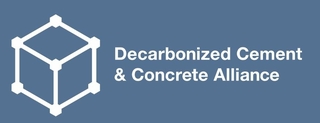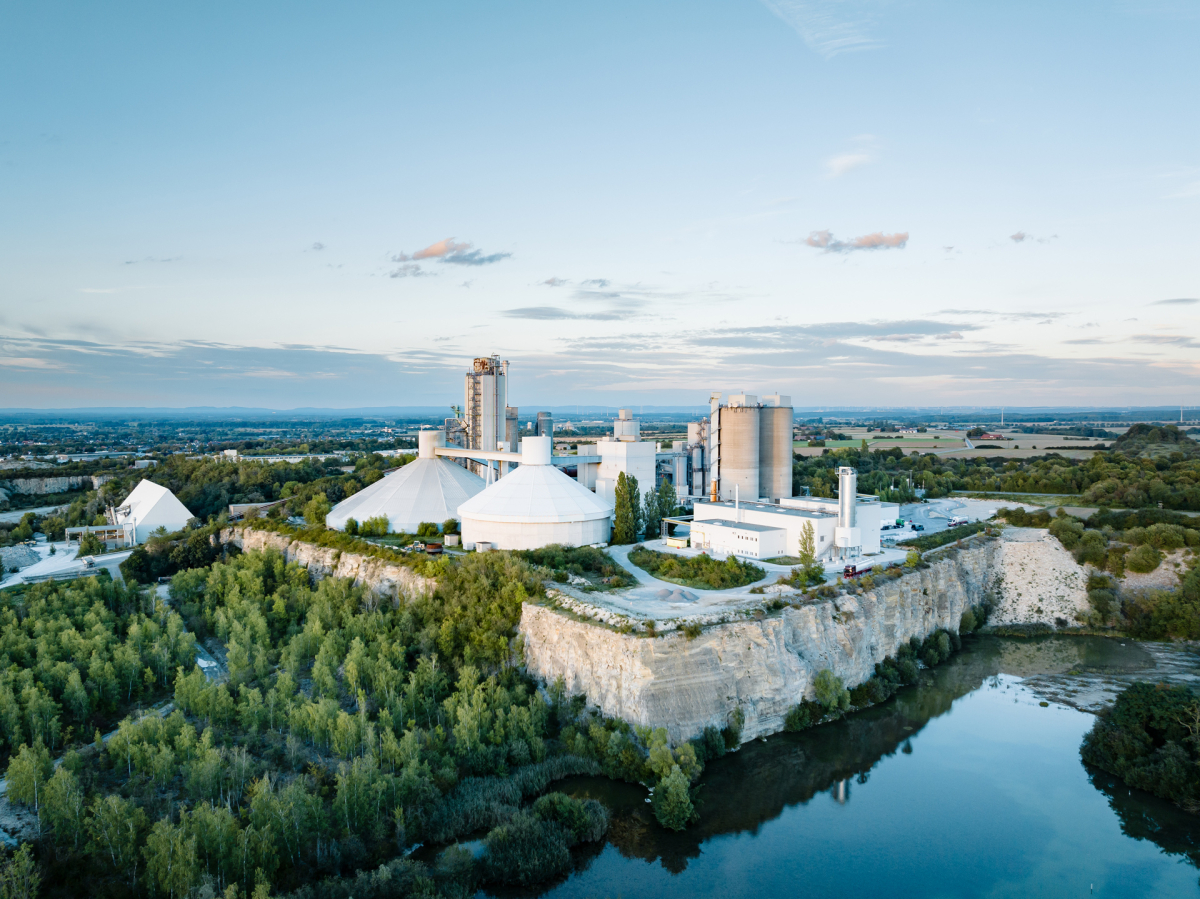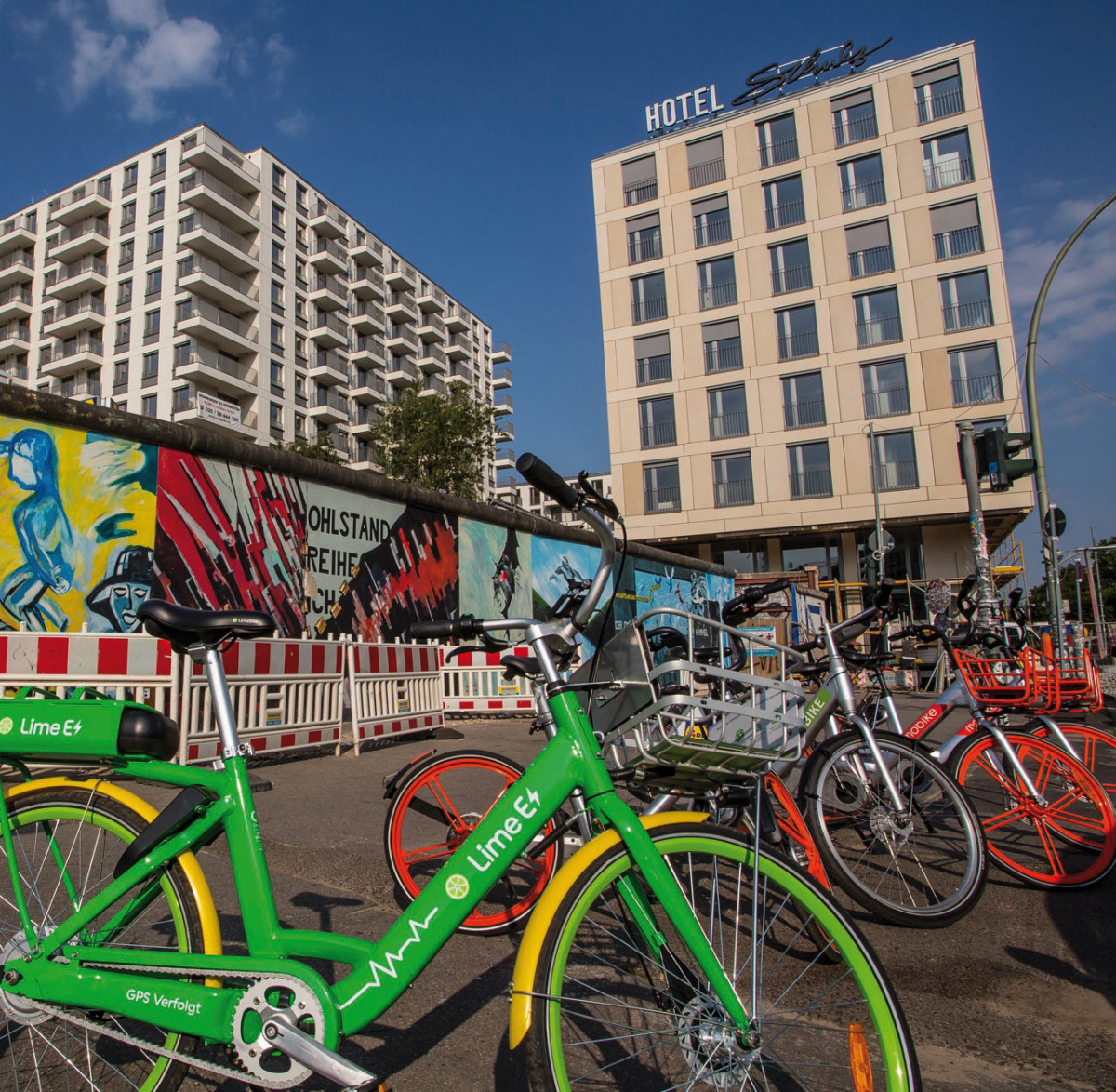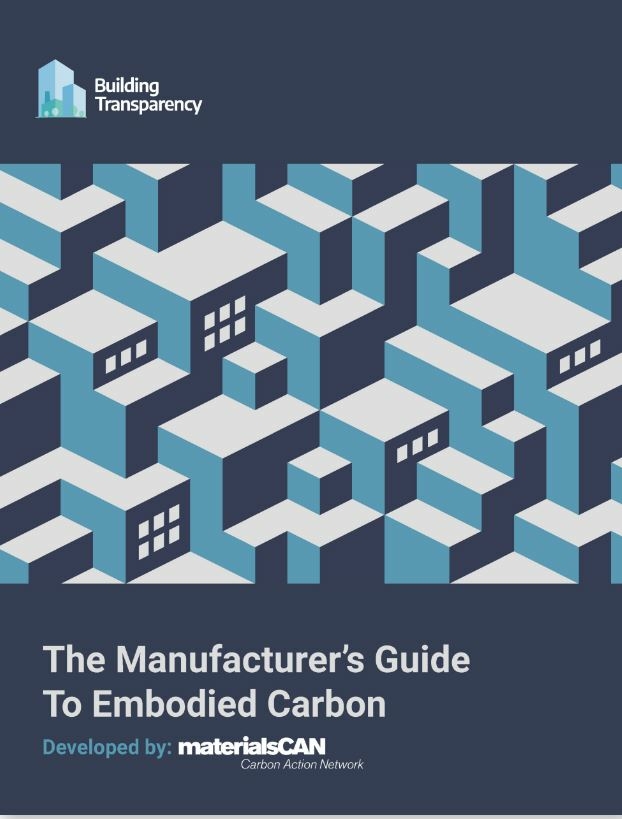New coalition in the USA: Alliance for decarbonised cement and concrete
20.03.2024
 Figure: Decarbonized Cement and Concrete Alliance
Figure: Decarbonized Cement and Concrete Alliance
Ten companies advancing new technology to reduce emissions in cement and concrete announced the launch of the Decarbonized Cement and Concrete Alliance (DC2).
DC2 is a first-of-its-kind, U.S. coalition dedicated to growing awareness around policies that will accelerate the adoption of these novel carbon-reducing solutions in infrastructure.
New ways to create low-carbon construction materials
Success of the coalition and its advocacy will translate to introducing new ways to create low-carbon construction materials, addressing future capacity needs by scaling up the industrial base, creating new clean cement and concrete jobs, and promoting environmental justice throughout this industry-wide transition. This launch comes at a critical moment in policy following the release of the Department of Energy’s inaugural report, “Pathways to Commercial Liftoff: Low-Carbon Cement,” which underscores the urgent need to decarbonize these vital sectors that currently contribute to 8 percent of global CO2 emissions.
10 current members
The 10 current members of DC2 — Biomason, Blue Planet Systems, Brimstone, CarbonBuilt, Chement, Fortera, Minus Materials, Queens Carbon, Sublime Systems, and Terra CO2 — are pioneering, North American venture- and private-sector-backed climate technology companies focused on delivering ultra-low-carbon, carbon-neutral, and carbon-negative cement and concrete solutions. Collectively, their technologies re-engineer production processes and feedstocks, introduce novel materials, and utilize or sequester CO2 directly in concrete to accelerate the industry’s decarbonization beyond near-term action taken by incumbents.
The coalition was formed in recognition of the crucial role played by the public sector, responsible for over 50 percent of concrete purchases across federal, state, and municipal agencies in the U.S. DC2 actively works to shape policies that will expedite the use of new low-carbon cement and concrete products in public infrastructure. Such procurement policy is exemplified in the recently introduced, bipartisan Concrete and Asphalt Innovation Act, which would enable the Department of Transportation to engage in advance purchase commitments of low-carbon concrete products up to three years before they are available — a powerful strategy for accelerating the development and market entry of critical climate solutions.
Learn more: decarbonizedconcrete.org



